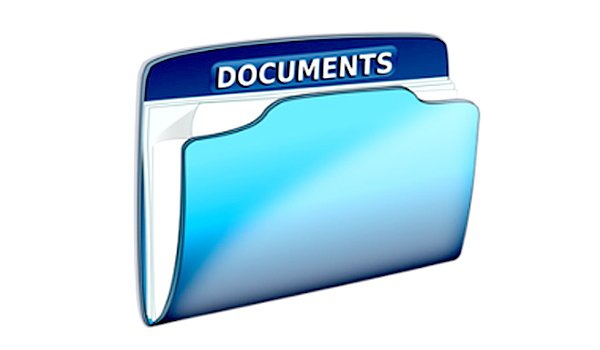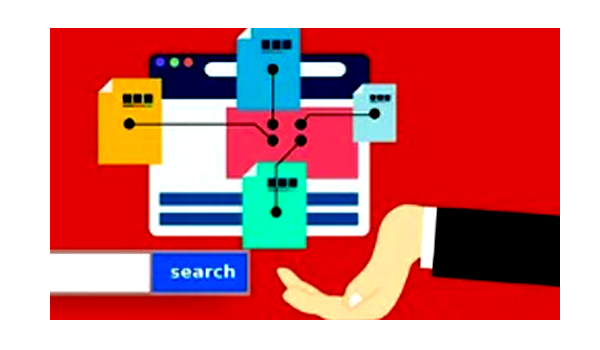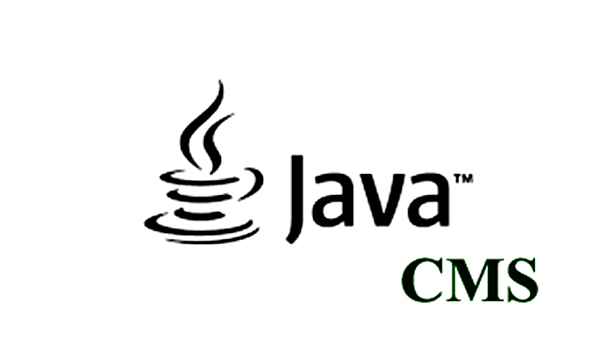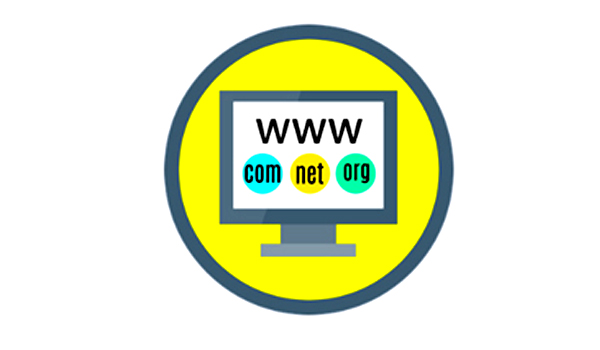Content Management Software (CMS)
Explore best Content Management Software (CMS) for your business.
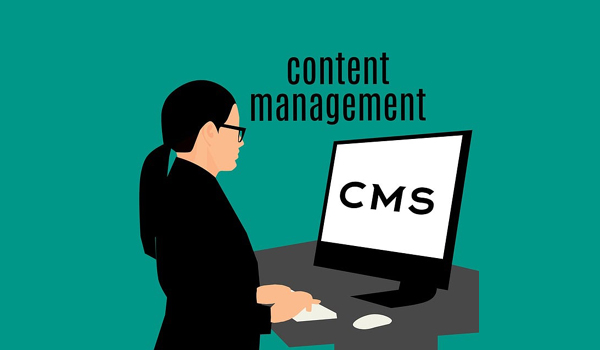
Content Management Software (CMS)
Explore Content Management Software (CMS) category & post requirement to connect with Content Management Software (CMS) provider for your business and get the best quotes from multiple Content Management Software (CMS) provider.
Types of Content Management Software
- Web Content Management System (WCMS)
- Enterprise Content Management System (ECMS)
- Document Management System (DMS)
- Digital Asset Management System (DAM)
- Learning Management System (LMS)
- Headless CMS
- E-commerce Content Management System
- Mobile Content Management System
- Knowledge Management System (KMS)
- Social Media Content Management System
Uses of Content Management Software
- Website management
- Content creation and editing
- Content organization and structuring
- Version control and collaboration
- Content publishing and distribution
- Document and file management
- Workflow automation
- SEO optimization
- Personalization and targeting
- Analytics and reporting
Features of Content Management Software
- Content creation and editing tools
- WYSIWYG (What You See Is What You Get) editors
- Version control and revision history
- Content organization and structuring options
- Metadata management for categorization and tagging
- Content scheduling and publishing capabilities
- Multi-channel content distribution
- User management and permissions
- Collaboration and workflow management
- Templates and themes for consistent design
- SEO optimization features
- Media and digital asset management
- Analytics and reporting functionality
- Localization and multilingual support
- Mobile optimization options
- E-commerce integration (for relevant CMS platforms)
Advantage of Content Management Software
- Easy content creation and editing
- Efficient content organization and structuring
- Streamlined content publishing and distribution
- Collaboration and workflow management
- Consistent branding and design
- Improved SEO optimization
- Enhanced security and access control
- Time and cost savings
- Scalability and flexibility
- Analytics and insights
- Workflow automation
- Content reusability

